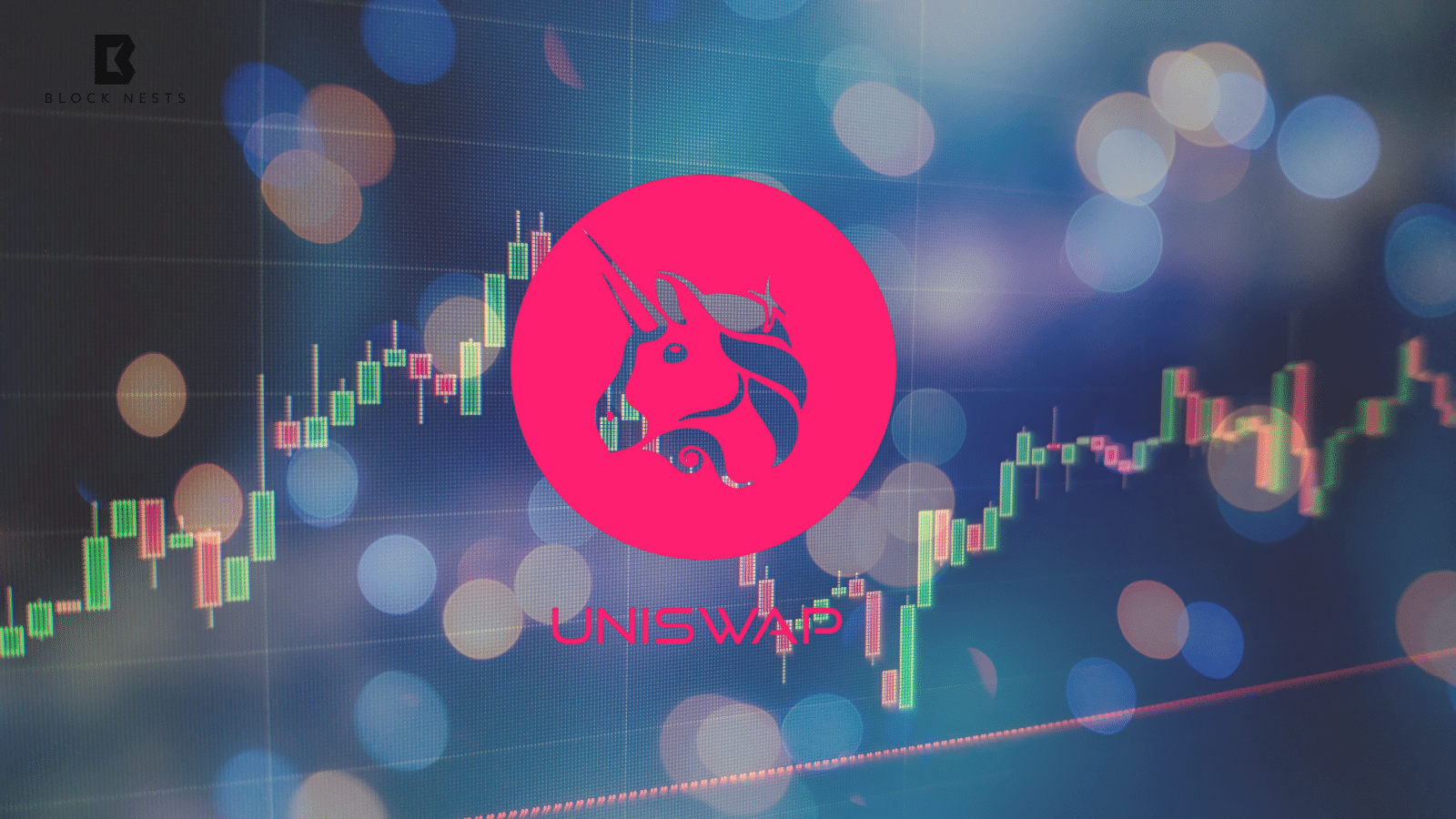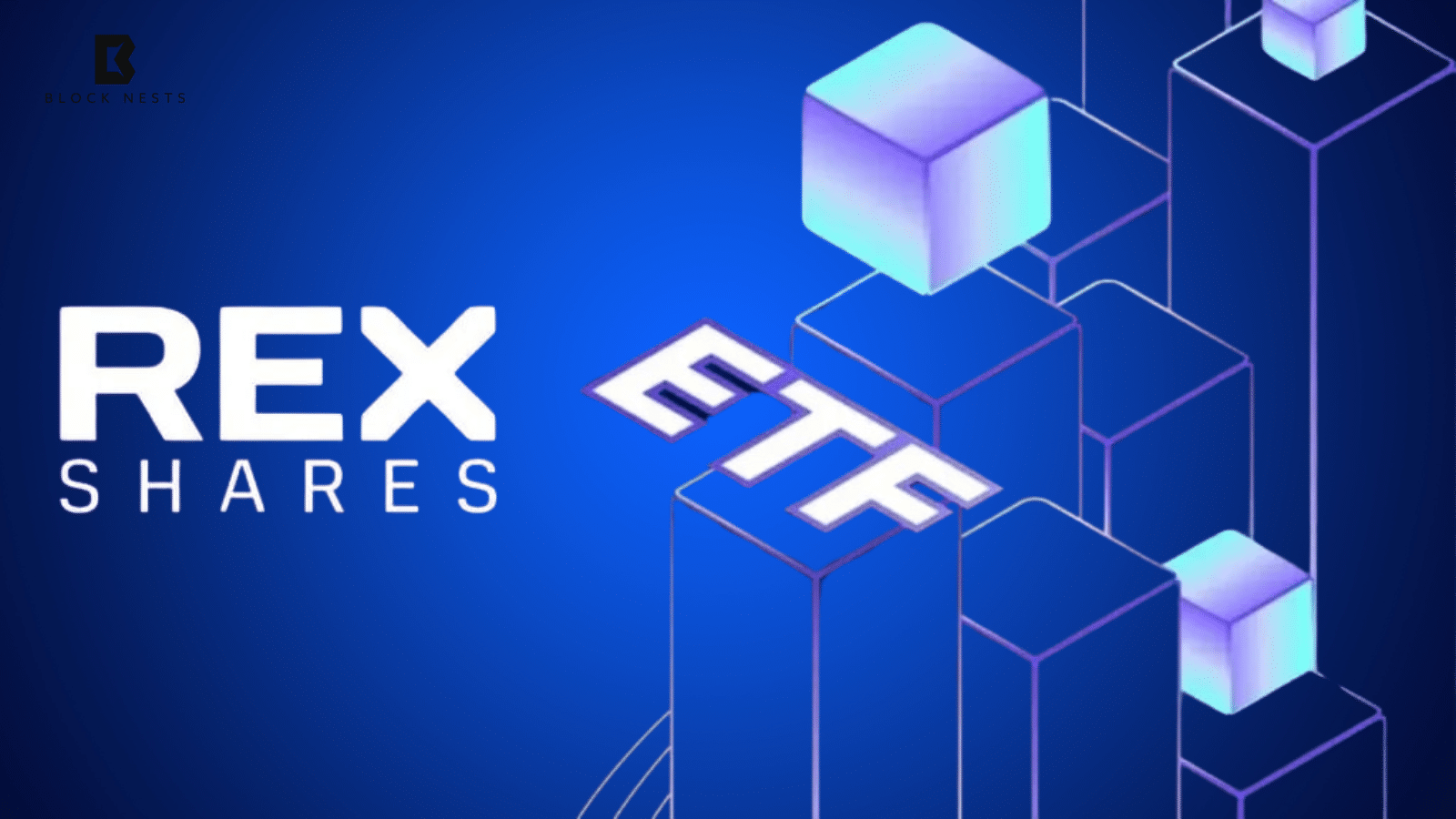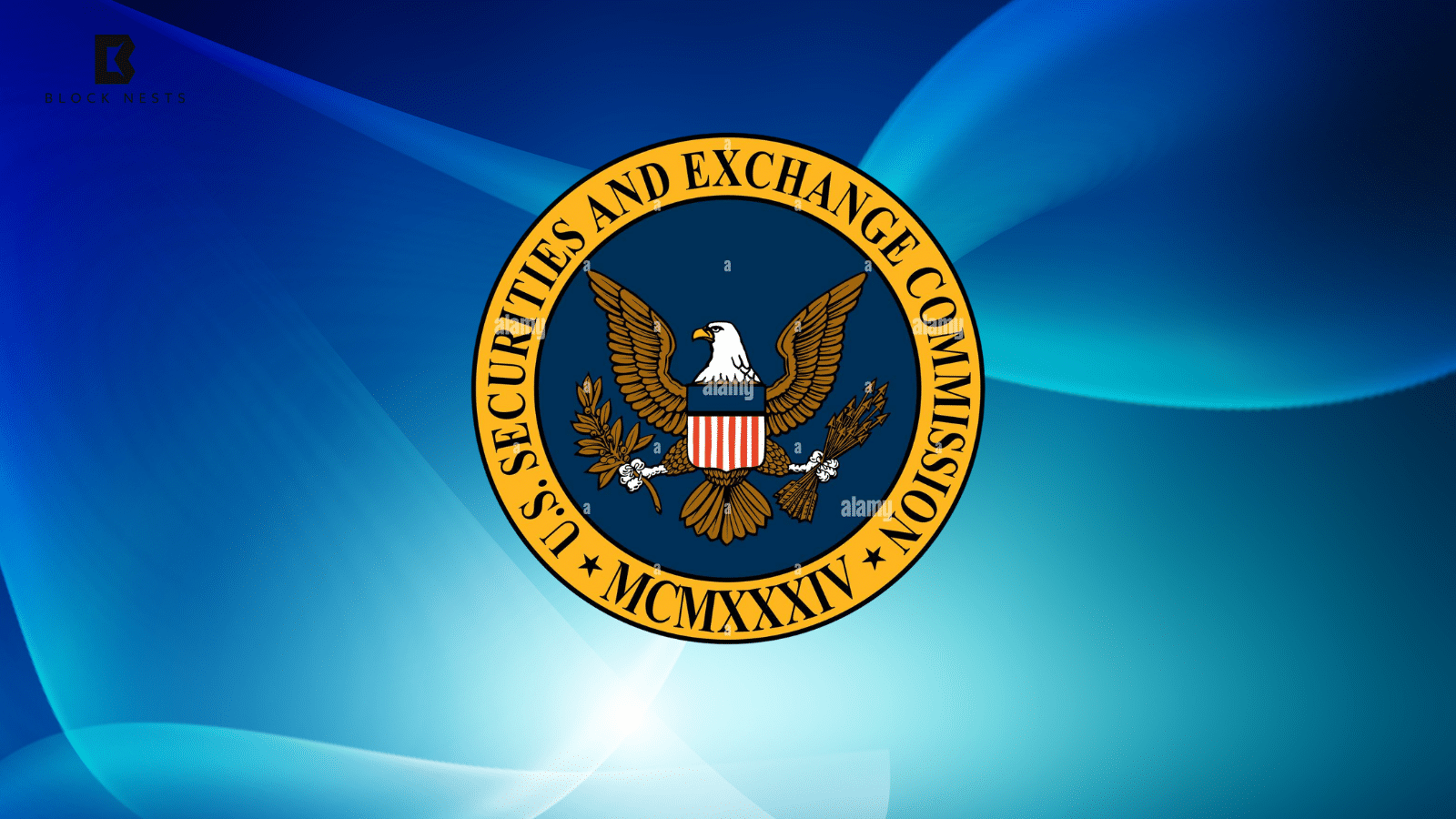- OKX under EU probe for alleged $100M Bybit hack fund laundering via DeFi services.
- Bybit CEO claims $98M laundered through OKX’s Web3, 20% funds untraceable.
- OKX denies investigation, defends compliance amid MiCA regulatory scrutiny.
European authorities are alleged to be looking into the OKX exchange in connection with its DeFi programme and wallet services used as a money laundering of $100 million in funds from the Bybit hack, as per report published on March 11 by Bloomberg.
During the meeting held on March 6 of the Digital Finance Standing Committee of the ESMA, discussion arose as to whether OKX’s services fall under the EU’s Markets in Crypto-assets (MiCA) regulation. The largest hack in the history of cryptocurrencies is considered to be the result of the Bybit hack by the North Korean hacking group Lazarus.
According to Bybit CEO Ben Zhou stated that $100 million or 40,233 Ether stolen, was processed through OKX’s Web3 wash trading service with some of them being untraceable now. According to Zhou, only 3% of the stolen funds have been frozen while 20% have gone inactive.
OKX was granted a full MiCA license on January 27, allowing it to offer services in all member states of the European Union, and it has denied such investigations. In a statement posted on X, the exchange denied the claims levelled against it by Bybit and dismissed the Web3 wallet services as false information.
Source: OKX
OKX Under EU Scrutiny
In a recent post on X, Haidar Rafique, the Chief Marketing Officer of OKX Global, also supported this statement, saying, “It is ridiculous to say that We, the company, engaged in receiving and laundering stolen money.”
The main issue is whether OKX’s services are eligible for operation under MiCA. However, as fully decentralized platforms may be beyond the scope of EU regulation, the representatives of the Austrian and Croatian regulators stated that OKX’s Web3 service falls under EU legislation. The latest target is the OKX wallet service, which links to 100 blockchains and has 53 million connected addresses.
The investigation underscores the difficulties of governing decentralized corporations in the world of cryptocurrency. This may create a precedent for how similar services would be regulated in the EU in the future. Nevertheless, OKX has preserved a stand on its operations, including insisting on compliance and ensuring full disclosure of information.
How would you rate your experience?






